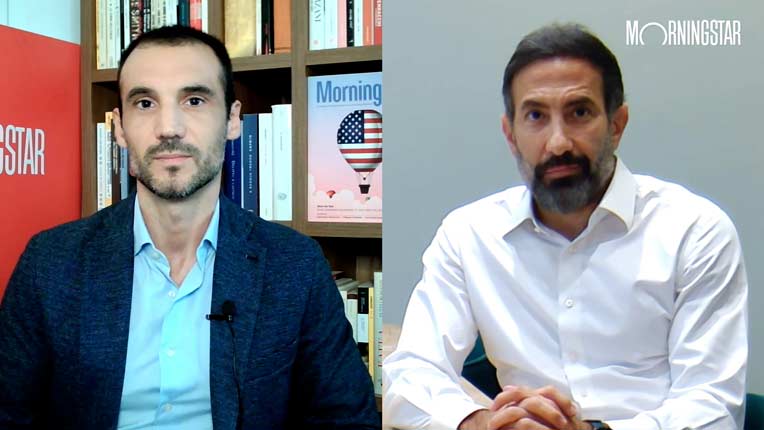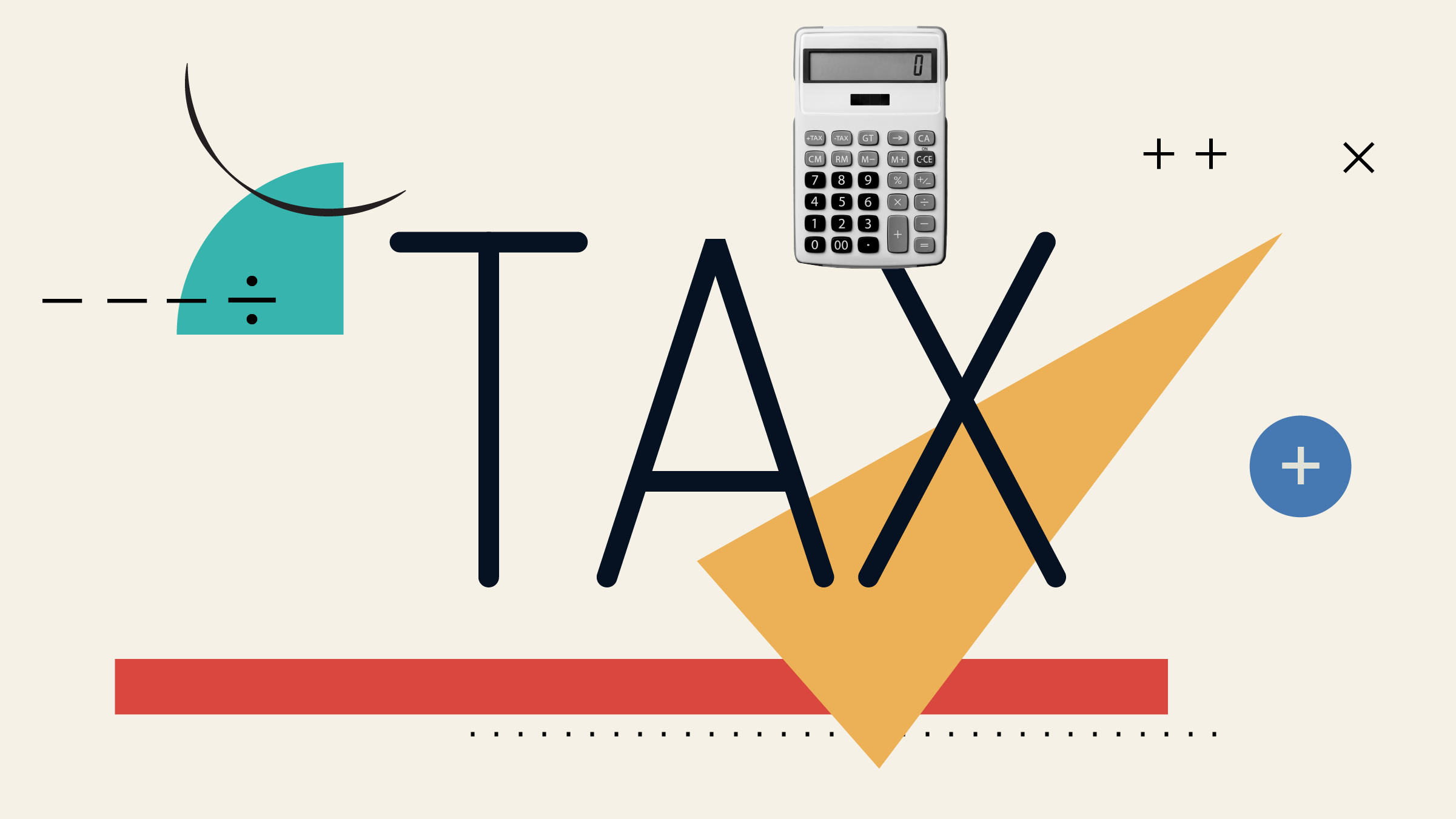Valerio Baselli: As risky assets consolidated, European investors' appetite for long-term funds receded considerably when compared with the previous months. Flows to long-term funds sagged to 27 billion euros in September after seeing 45 billion in inflows in August and 62 billion in July. Except for equity funds, inflows came at reduced levels across the board.
Excluding last March's torrential outflows of 140 billion euros, inflows to bond funds in September—7 billion euros—were the lowest in a one-month period since December 2018 when fixed-income products suffered heavy outflows. Risky bond categories fell out of favor, and the two categories with the highest inflows for the year to date, EUR corporate bond and USD corporate bond, even suffered outflows. Equity funds bucked the subdued trend and enjoyed robust inflows of 20.5 billion, the highest level seen since June 2020. Consequently, demand for equity funds comfortably outpaced the demand for bond funds for the first time this year.
Demand for long-term index funds outsized that for actively managed funds in September. The market share of index funds continued to rise: in Europe, 20.2% of the assets of long-term funds now sit in open-end index funds and ETFs, up from 18.7% a year ago.
A look at the top-selling categories reveals strong demand for global large-cap growth equity funds, raking in 5 billion euros of net inflows in September, followed by equity technology products. Japan large-cap equity funds attracted 2.2 billion last month, the highest result flow-wise since January 2018. This followed the announcement of Yoshihide Suga as Prime Minister of Japan, becoming Shinzo Abe’s successor. His appointment is expected to mean a continuation of the Abenomics strategy, which arguably have eased short term uncertainty and strengthened the sentiment of investors for Japanese stocks.
On the other hand, alternative multistrategy funds continued to bleed, shedding 2.4 billion euros, thus marking their 28th consecutive month of outflows. Finally, after five positive months flow-wise, EUR corporate bond funds saw 1.1 billion of net redemptions.
Le informazioni contenute in questo articolo sono esclusivamente a fini educativi e informativi. Non hanno l’obiettivo, né possono essere considerate un invito o incentivo a comprare o vendere un titolo o uno strumento finanziario. Non possono, inoltre, essere viste come una comunicazione che ha lo scopo di persuadere o incitare il lettore a comprare o vendere i titoli citati. I commenti forniti sono l’opinione dell’autore e non devono essere considerati delle raccomandazioni personalizzate. Le informazioni contenute nell’articolo non devono essere utilizzate come la sola fonte per prendere decisioni di investimento.



















